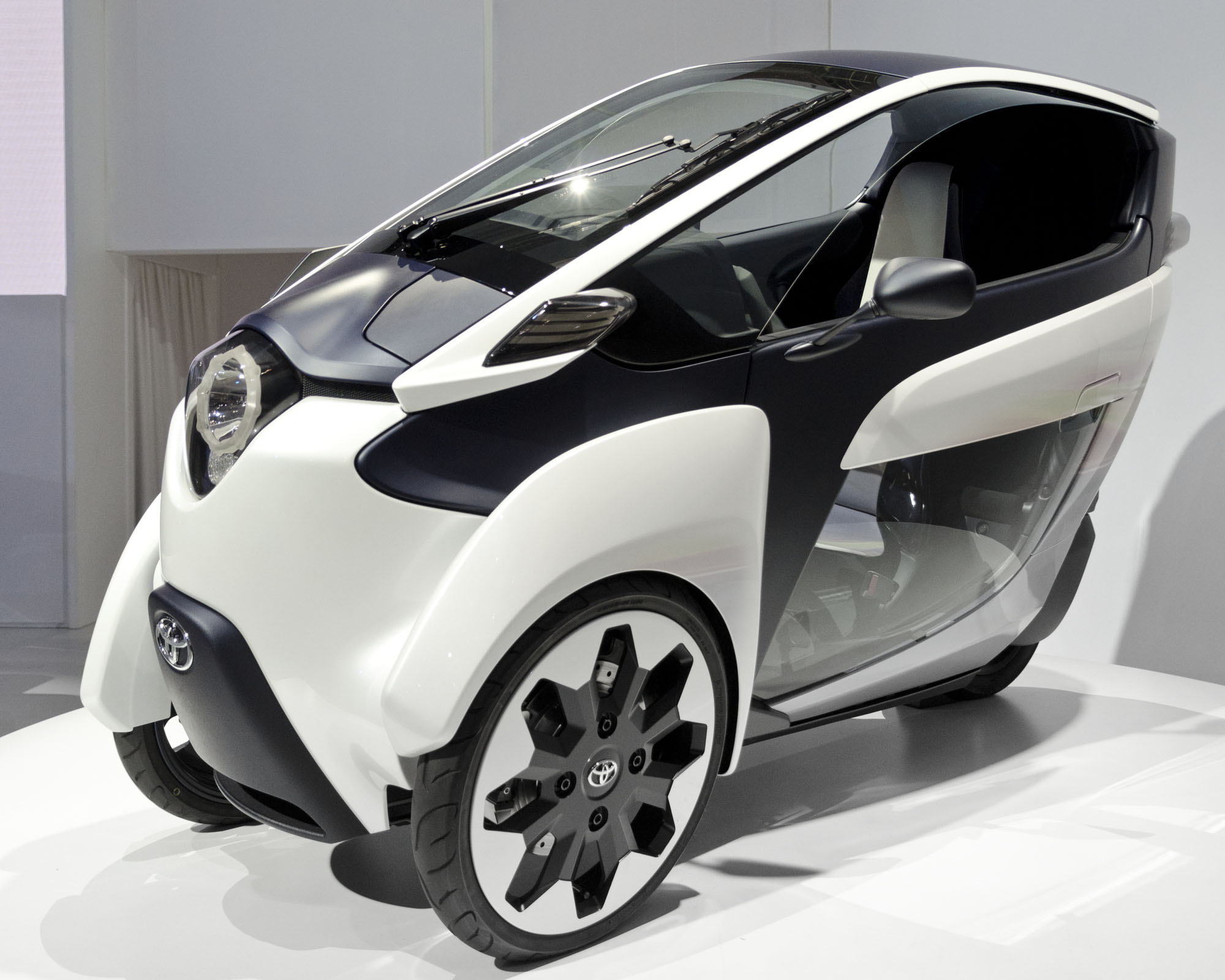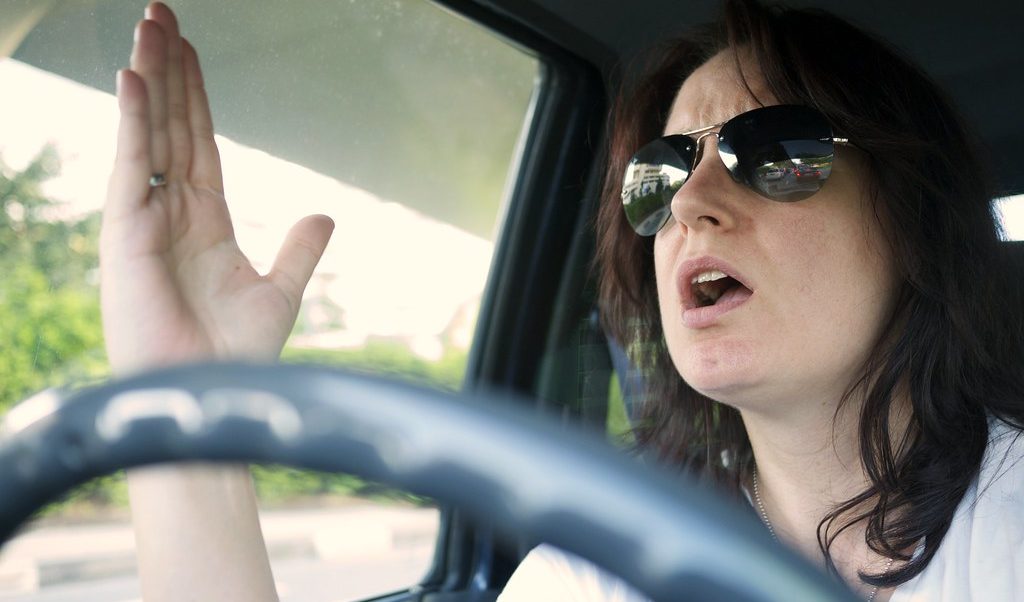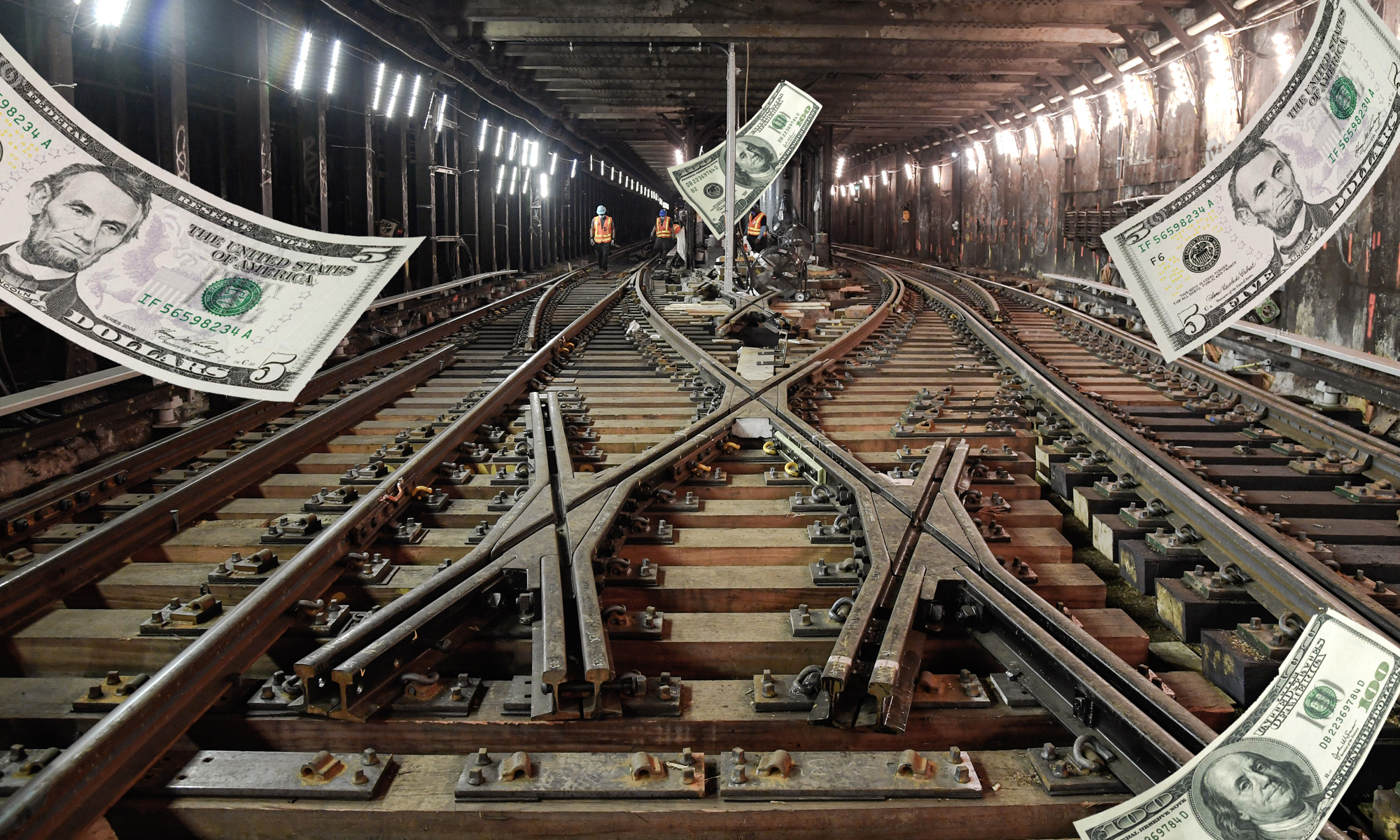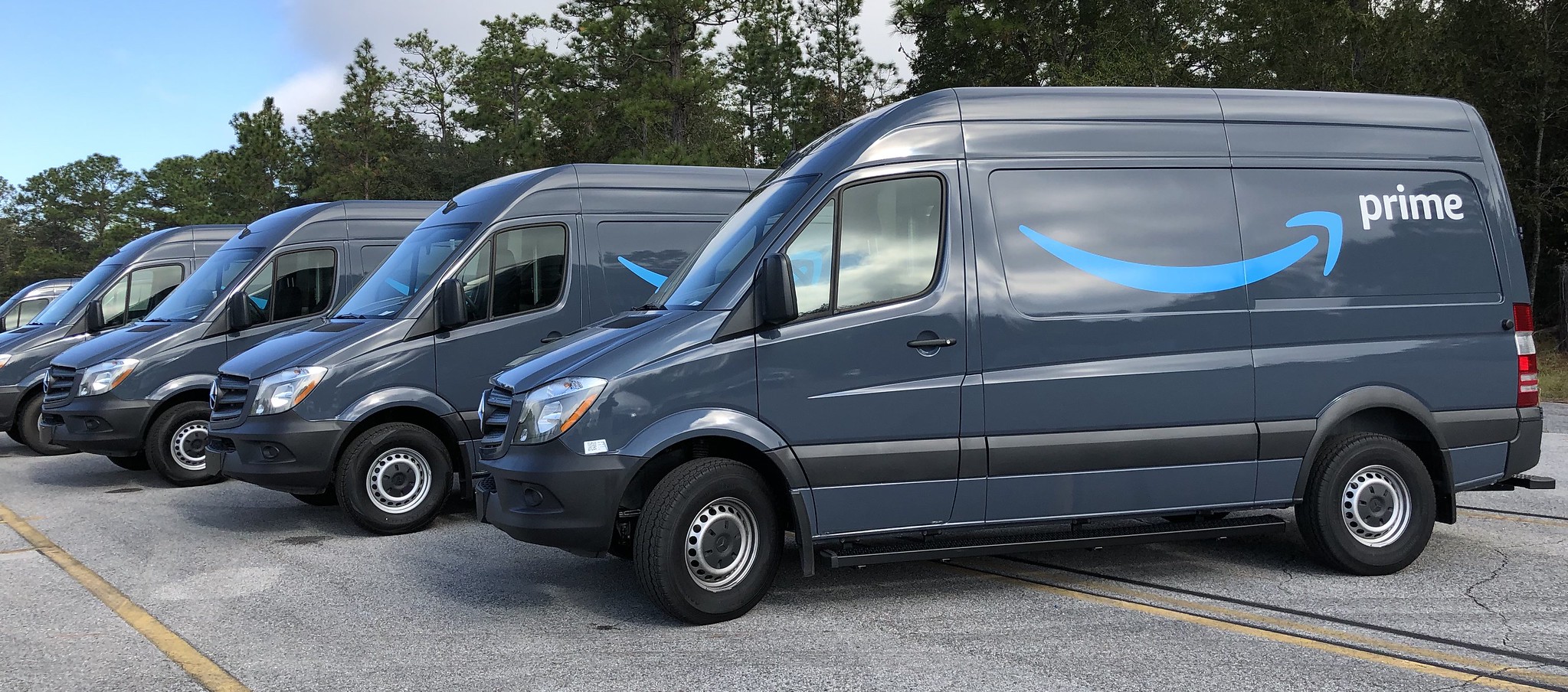Thursday’s Headlines Are Ready for Change

Cities aren’t ready for vehicles like this Toyota i-Road. Credit: Mytho88 via Wikimedia Commons
Stay in touch
Sign up for our free newsletter
More from Streetsblog USA
You Wouldn’t Like Monday’s Headlines When They’re Angry
Which state has the worst road rage? Consumer Affairs magazine looked at a variety of factors to come up with an answer.
When it Comes to Federal Infrastructure Grants, Size Does Matter
Cities and municipalities with larger budgets and staff are more likely to win competitive federal infrastructure grants, the Urban Institute has found.
The E-Commerce Explosion is Making Roads More Dangerous
And can advanced technology stop the bloodshed?
Are Friday’s Headlines the New Normal?
Transit ridership hasn't come all the way back from the pandemic, and they're going to need more federal help, along with other changes, says Governing magazine.
Friday Video: How to Make Places Safe For Non-Drivers After Dark
A top Paris pedestrian planner, a leading GIS professional, and Streetsblog's own Kea Wilson weigh in on the roots of America's nighttime road safety crisis, and the strategies that can help end it.




